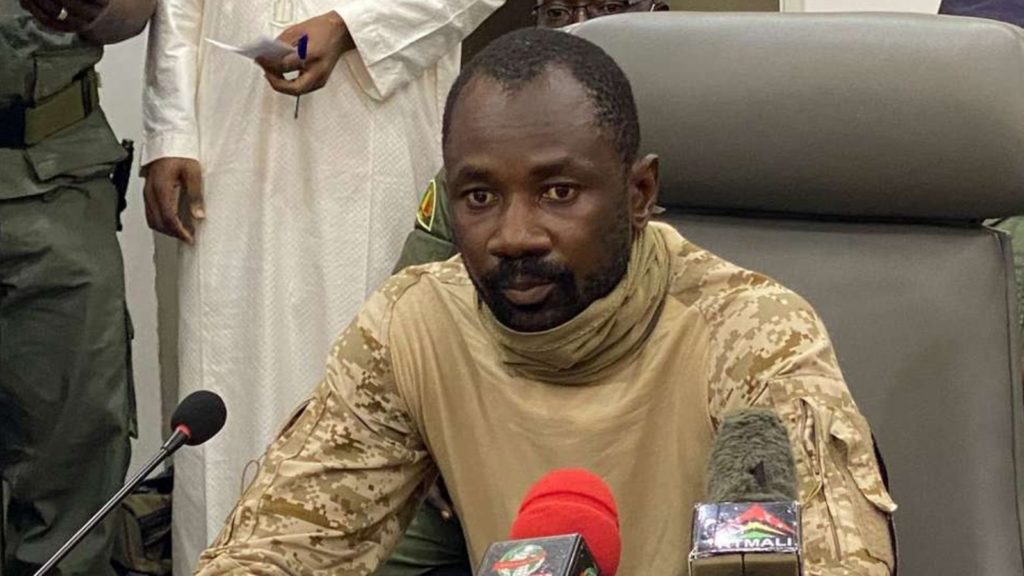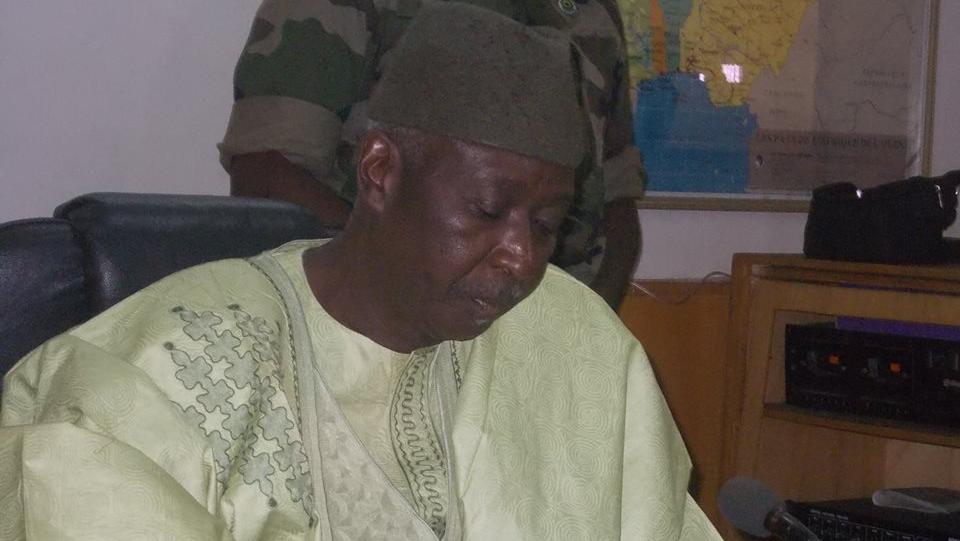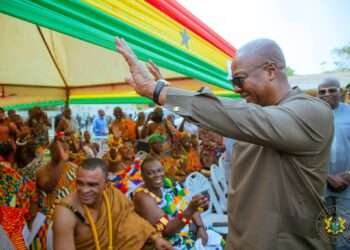Mali’s former defence minister, Bah Ndaw, has been named as president of the country’s new transition government.
Colonel Assimi Goita, the leader of the National Committee for the Salvation of the People (CNSP) which overthrew Mali’s President Ibrahim Boubacar Keita, was appointed vice president, state television announced on Monday.
The transitional government is to be inaugurated on September 25, 2020.
According to a plan backed by the military leaders, the new president is meant to lead the country for several months before staging elections and returning Mali to civilian rule.
Mali’s military rulers have come under intense pressure from leaders of the Economic Community of West African States (ECOWAS) to return power to civilians following the August 18 coup that overthrew Keita.
It was unclear whether the arrangement would satisfy ECOWAS, which last week threatened to step up economic sanctions and impose a total embargo on landlocked Mali if its conditions were not met. A delegation led by former Nigerian President, Goodluck Jonathan is due to visit Mali on Wednesday 23rd September.
Ndaw and Goita were appointed by a group of 17 electors chosen by the military leaders to oversee an 18-month transition that will culminate in fresh elections.
Regional leaders had demanded the interim president be a civilian, while signalling they would accept a soldier as vice president so long as he is ineligible to replace the president.
Colonel Goita did not say whether the vice president would remain next-in-line to the presidency as stipulated in a transitional charter approved in multi-party talks earlier this month.

Ndaw was once an aide-de-camp to Mali’s ex-dictator Moussa Traore. A veteran soldier, he received training in the former Soviet Union as well as at Paris’s renowned Ecole de Guerre.
Colonel Major Ismaël Wagué, spokesman for the junta, has made it clear that Mali’s new government were keen to continue working closely with the international forces, just as they were hoping to secure Ecowas agreement to their plans for the political road ahead.
He insisted that the UN peacekeeping force in Mali, the French anti-terrorist force, troops from allied Sahelian countries and a new European special forces operation were all “partners in the restoration of stability” and promised the military leaders remain firmly committed to the fight against jihadists terrorizing the northern parts of the country.
Kaou N’Djim, a spokesman for influential Muslim leader Mahmoud Dicko, who led mass protests against Keita before the coup, praised Bah Ndaw’s nomination.
“Ba is an upright official. He has never been implicated in matters of financial corruption,” N’Djim told reporters.
Leaders of the M5-RFP coalition that organised mass protests against Keita before the coup and disagreed with the junta about the military’s role in the transition, also signalled support for Ndaw.
“He is a man of principle, a loyalist, a man of faith and a nationalist who loves his country. He is not manipulable,” said Nouhoum Togo, an M5-RFP spokesman, who worked for Ndaw at the defence ministry.
Togo added that he hoped the prime minister be an M5-RFP member.





















